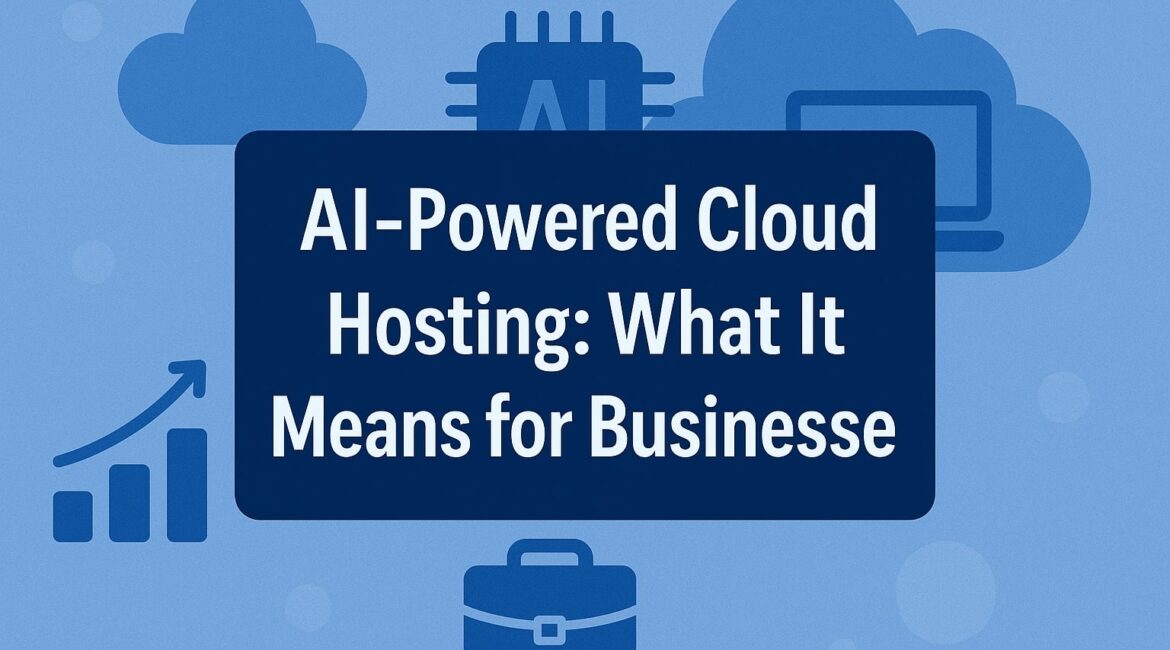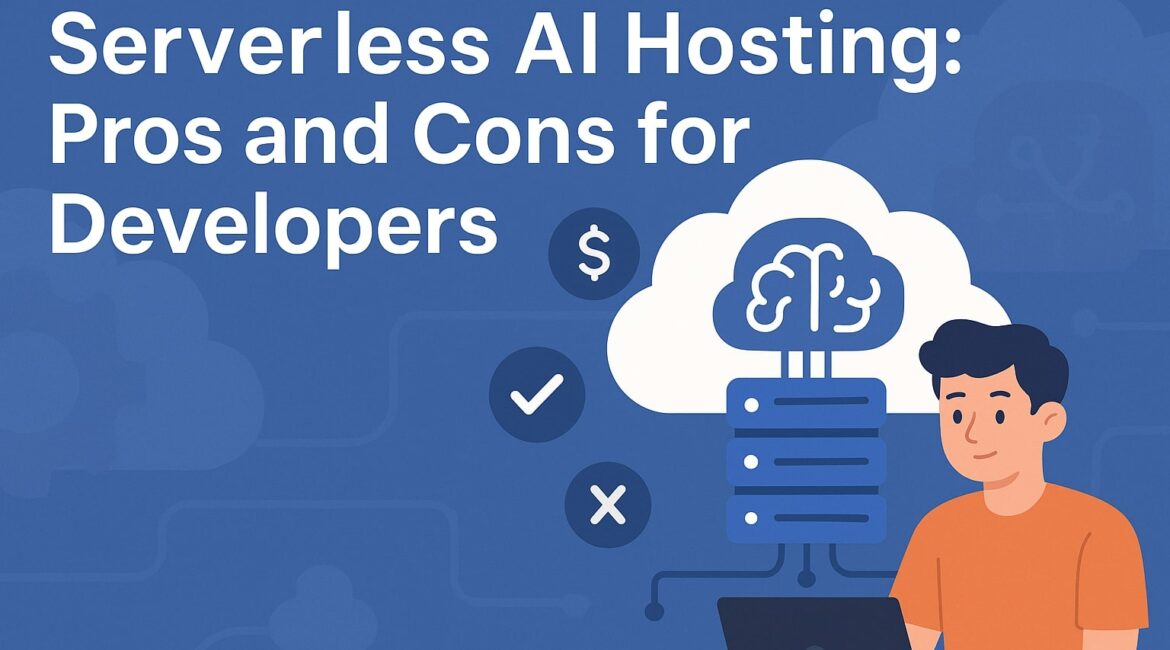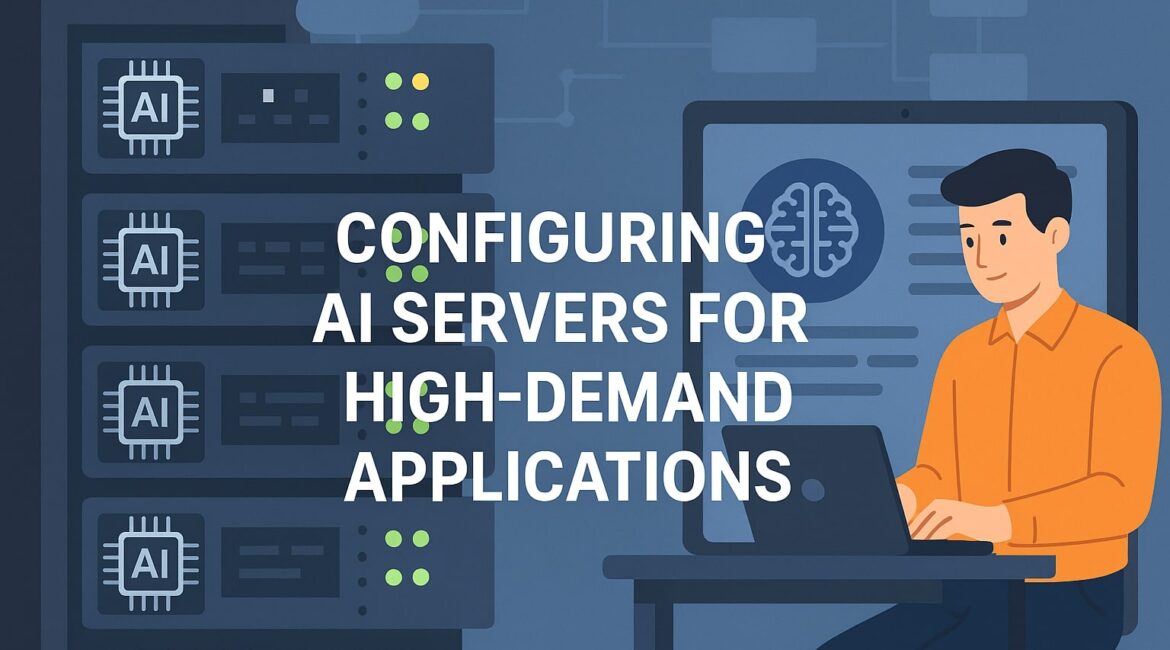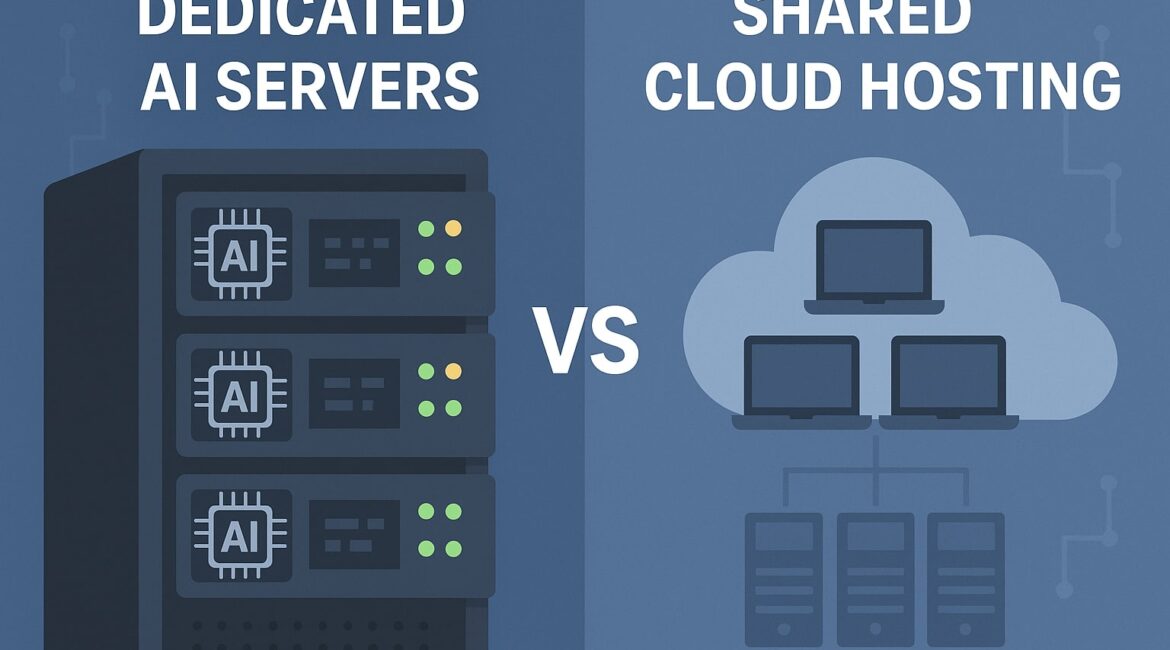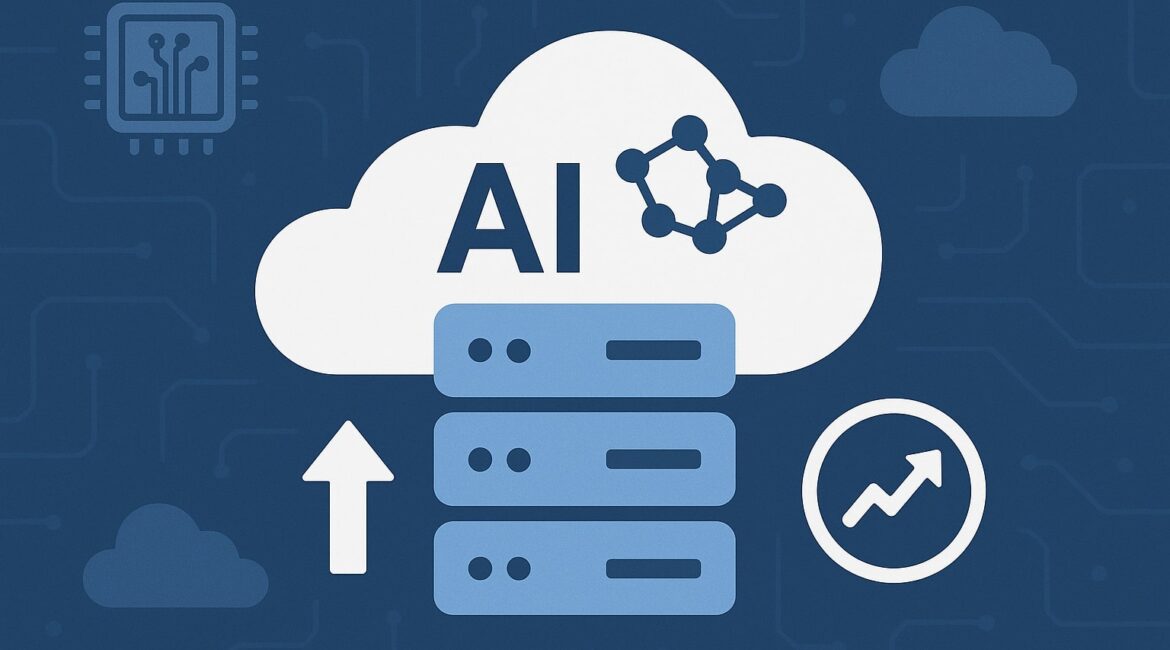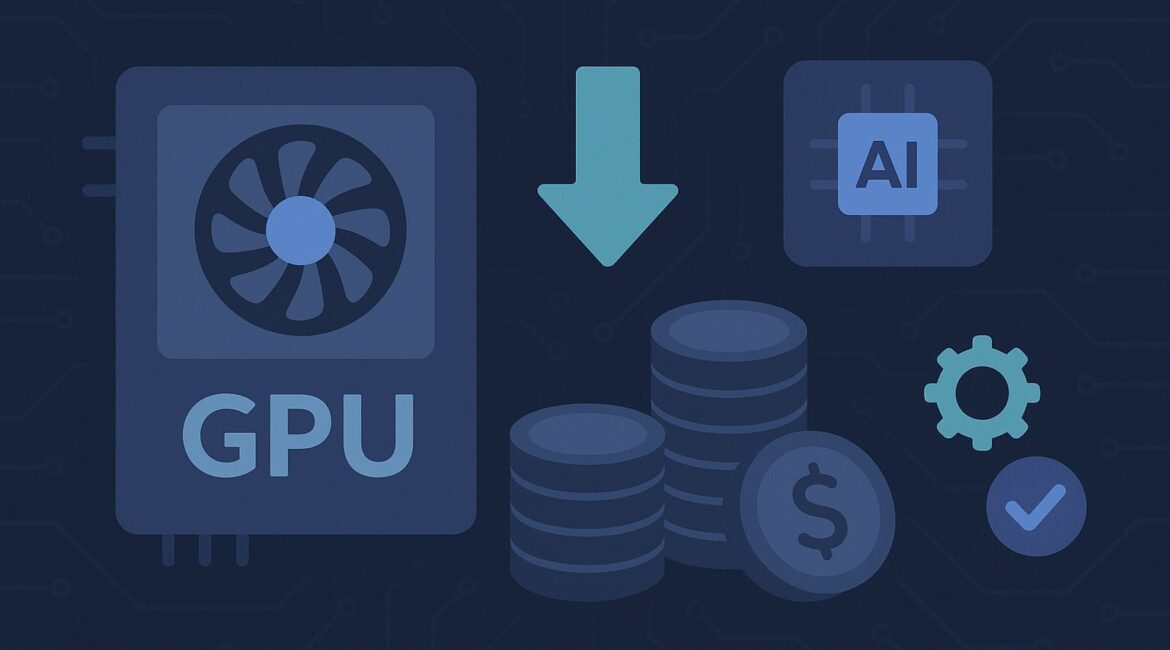Modern teams deploy models faster than ever—but sustained business value comes only when those models are continuously observed, measured, and improved. Effective monitoring catches data drift, concept drift, model performance regressions, latency spikes, cost blow-ups, and fairness issues before they harm users. In the cloud, you also inherit elastic infrastructure,...
Cross-Border AI Hosting: Managing Compliance and Data Laws
Modern AI lives in many places at once. Models train in one region, infer in another, and log telemetry to a third. That makes cross-border AI hosting both a superpower and a regulatory minefield. This guide explains how to build, run, and scale AI across jurisdictions while respecting privacy, security,...
AI-Powered Cloud Hosting: What It Means for Businesses
In today’s digital era, businesses are increasingly turning to AI-Powered Cloud Hosting solutions to power their applications, websites, and internal systems. The convergence of cloud computing and artificial intelligence is reshaping how companies build, deploy, scale, and maintain their digital infrastructure. For businesses large and small, AI-powered cloud hosting offers...
AI Server Clusters: Scaling Applications Beyond a Single Instance
Artificial intelligence has outgrown the single-server mindset. Modern models, real-time inference, and data-hungry training jobs need AI server clusters that can scale horizontally, stay resilient under load, and deliver predictable performance. An AI server cluster is a coordinated fleet of compute, storage, and networking resources that work as one logical...
Serverless AI Hosting: Pros and Cons for Developers
Serverless AI Hosting is a deployment model where your AI workloads—such as large language model (LLM) inference, vision models, or vector search—run on fully managed, on-demand infrastructure that automatically scales up when requests arrive and scales to zero when idle. Instead of provisioning and babysitting servers (or even containers), you...
Configuring AI Servers for High-Demand Applications
Configuring AI servers for high-demand applications is part science, part craft. The science is in sizing compute, memory, storage, and networking to match throughput and latency goals. The craft is in tuning kernels, orchestrating workloads, and designing resilient pipelines that keep GPUs busy while controlling cost. In this guide, we...
Dedicated AI Servers vs. Shared Cloud Hosting: Which Is Best?
Artificial intelligence workloads—whether training deep models or serving inference at scale—demand special consideration when choosing a hosting environment. In this article, we compare dedicated AI servers and shared cloud hosting in detail: their features, strengths, drawbacks, and which use cases favor one or the other. We also cover performance, cost,...
How AI-Optimized Cloud Servers Improve Performance
Artificial Intelligence (AI) is rapidly transforming industries, and one of its most powerful applications is in optimizing cloud servers. As businesses increasingly move workloads to the cloud, the demand for efficiency, speed, and scalability has never been higher. AI-optimized cloud servers are designed to enhance these aspects by automating resource...
AI Hosting Platforms for Real-Time Conversational AI
Real-time conversational AI has leapt from novelty to necessity. Customers expect instant, helpful, and context-aware responses on every channel—web, mobile, voice, kiosk, IVR, even in-store POS systems. Behind the scenes, delivering that “it just talks back” magic depends on hosting platforms built to keep latency low, availability high, data secure,...
How to Reduce Costs on GPU Instances for AI
Running AI workloads—whether for training deep learning models, fine-tuning large language models, or deploying inference at scale—can quickly become expensive due to GPU instance costs. Graphics Processing Units (GPUs) are powerful accelerators, but they demand high hourly rates on cloud platforms like AWS, Google Cloud, and Azure. For startups, research...


